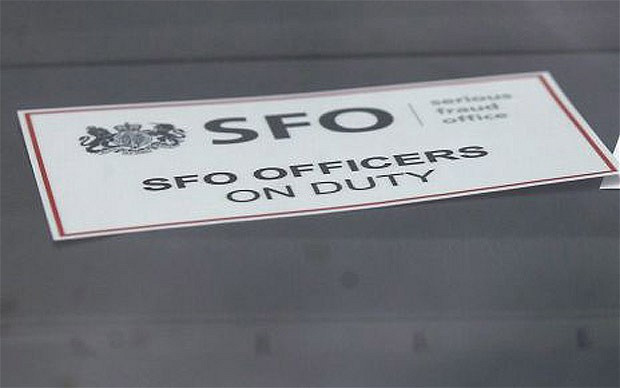UK government plans to crack down on white collar crime on company boards
Plans to bring British companies into line with the tough approach in the US.

Company boards will become criminally liable if they do not stop their staff from committing fraud under plans being considered by ministers.
A new criminal finance bill will make employers responsible for preventing money-laundering, false accounting and fraud, which would bring Britain more into line with the tough approach to white-collar crime in the United States.
In measures that will shake up corporate criminal law, the prime minister Theresa May will announce putting workers' representatives on boards and restricting executive pay.
Currently companies are liable only for a failure to stop bribery and the new legislation would mean in future British businesses could be prosecuted for crimes such as the Libor manipulation.
The move would mean an end to a board distancing itself from a company's operations and an offence of failure to prevent economic crime would give prosecutors more powers to hold a company to account.
The attorney-general Jeremy Wright said at a symposium in Cambridge on economic crime that ministers would consult on the plans with a view to introducing legislation.
A government source told the Times that a consultation document would soon be released, with Barry Vitou, partner in fraud and white-collar crime at Pinsent Masons, telling the paper that the new law would be the biggest change in corporate criminal law.
"The present regime makes it practically impossible to hold corporate boards to account for corporate misconduct because evidence of that misconduct must be found at the highest level. In practice the evidence trail usually dries much lower down the corporate tree.
"There is no responsibility for the damage caused by failing to prevent economic crime nor incentives offered which motivate people to do the wrong thing," he said.
However David Kirk, a fraud lawyer at McGuireWoods told the paper it would still be difficult to assess the adequacy of procedures adopted by a company to prevent wrongdoing.
© Copyright IBTimes 2025. All rights reserved.





















